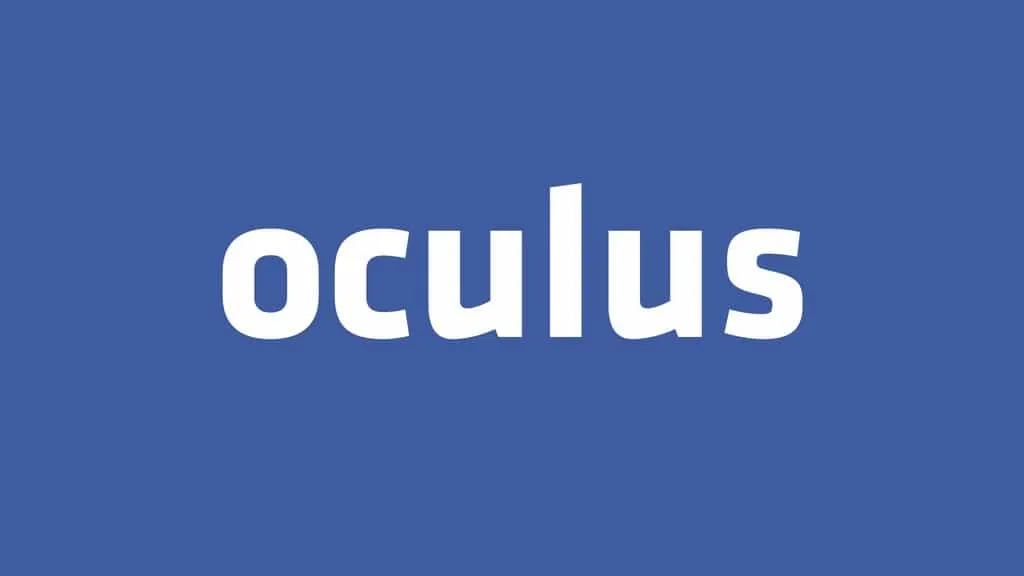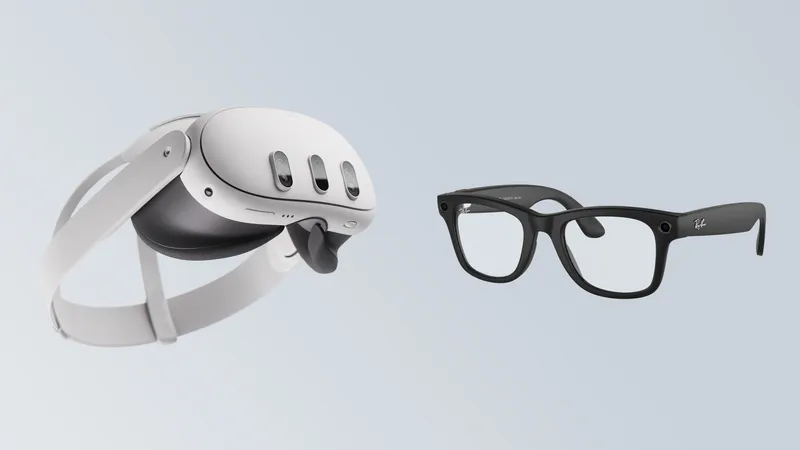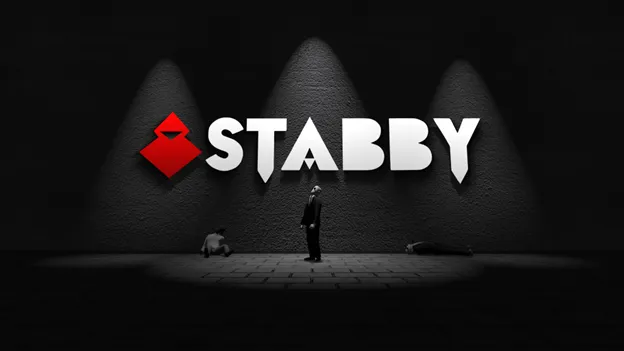Meta executives explained how Quest headset account logins went from Oculus to Facebook to Meta in less than two years.
A podcast hosted by Meta CTO Andrew Bosworth posted on July 18 features a discussion with Reality Labs Vice President Mark Rabkin covering account policy changes and the thinking surrounding them.
For those unfamiliar, Oculus accounts were the original way to log into standalone VR headsets from Facebook and buy content to play on them. In October 2020, Facebook shifted policies with the release of Quest 2 and started requiring buyers use a Facebook account in good standing attached to “the name they go by in everyday life.” The policy left some people reporting their Quest headset turned into a paperweight due to Facebook account sign-up and login issues, though at the time the company said it was “a very small number” of those affected.
Facebook is now Meta, however, and in August 2022 — less than two years after the policy took effect — the company is dropping the Facebook policy and letting buyers login with new Meta accounts. A “Meta account includes your name, email address, phone number, payment information, and date of birth so we can verify your age. You must be 13 years old or older (or 14 years old or older in Spain and South Korea) to create a Meta account. Your Meta account information isn’t public, and you can create multiple Meta accounts,” according to the company.
So why the rapid shifts in policy?
At around 6 minutes and 30 seconds in the podcast embedded below Bosworth and Rabkin offer some context. The executives say the average number of Oculus friends per account was 0.5 with a median of 0 friends. In addition, Bosworth says “the data was very clear” that “people who have friends play longer, they buy more content which is good for the business, good for the ecosystem, they enjoy the thing more, so we knew that.”
Here’s Bosworth:
“We’re sitting here as a part of some of the great social networks that exist on the planet with Facebook, with Instagram, with WhatsApp, with Messenger, can we bring these things together? And we said ‘Ok, this is no problem, let’s do the Facebook account thing, we have a new headset coming out, new headset, new account requirement. And the motivation was certainly right and it kind of stands today, but it ended up being the case not only did some people feel uncomfortable with that — which obviously, you know, we don’t feel great about — I think they were informed, I think they understood it, I think they knew that if they opted out of it which is the loss of the ecosystems, is a loss of ours but I understand it, but also it turns out the graph that you built on Facebook may not be the graph that you really want for the metaverse, it’s a different identity, different profile, different set of activities that you’re doing.”
With Meta accounts, Oculus friends convert to followers with an Oculus profile becoming “a new Meta Horizon profile, which you can customize as you see fit.”
“We want to support the richness of expression that is uniquely possible in the metaverse,” Bosworth said. “But we also want it to be totally normal for people who choose to come as themselves in both in terms of how they express themselves through their avatar, over time maybe with codec avatars that are really realistic, and also with their real name…I think there’s gonna spaces in the metaverse where people will have as requirements to enter that space that this is the name that you go by in real life.”
“Now that we have millions and millions of people in VR and it’s growing so fast, we’re tilting a little bit more to flexibility and customization so people can choose the path through the metaverse that’s right for them,” Rabkin said. “We’ve heard you, it just sometimes takes us a year or year and a half to get to where you want us to go.”























